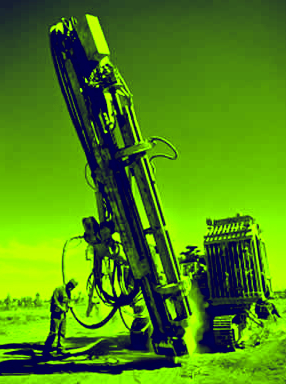CSG brings "inevitable" need for close look
 The NSW Chief Scientist has helped pave the way for coal seam gas expansion in the state.
The NSW Chief Scientist has helped pave the way for coal seam gas expansion in the state.
The Government’s long-awaited independent review of coal seam gas issues has been released, and says that the industry would be safe to proceed as long as strict safeguards were in place.
NSW Chief Scientist Professor Mary O'Kane handed down the report after 19 months of investigation.
In the documents, she finds that the Government needs clearer laws and tougher safeguards to protect landholders, as resource companies look to break into the state’s significant reserves.
The report includes 16 recommendations to the Government including a call for an expert advisory panel for ongoing CSG matters.
Professor O'Kane concedes that CSG projects are contentious, but argues that they are no more likely to be dangerous or damaging than other resource industries.
“I think we can have reasonable confidence that it will proceed well as long as the appropriate legislative and compliance regime and risk regime is in place, and we do monitor things really well as we can with the technologies that are available and becoming better available and becoming more cheaply available,” she said.
But Professor O'Kane’s thoughts in the report itself appear less assured.
“There could be unexpected events … or even accidents,” she wrote.
“It is inevitable that the CSG industry will have some unintended consequences, including as the result of accidents, human error and natural disasters.
“Industry, government and the community need to work together to plan adequately to mitigate such risks.”
Greens spokesperson Jeremy Buckingham replied in an interview with the ABC, saying the report only confirmed the risks of CSG extraction to environmental assets.
“It has found that it is likely to pollute ground water pollute surface water,” he said.
“That’s what the community fighting coal seam gas has always said and the Chief Scientist's Report is vindication for them.”
Professor O'Kane said drinking water would be fine, but only if the right technology was used.
“With the appropriate safeguards on the industry, yes they should be safe, just as you need appropriate safeguards on coal and other industries,” she said.








 Print
Print